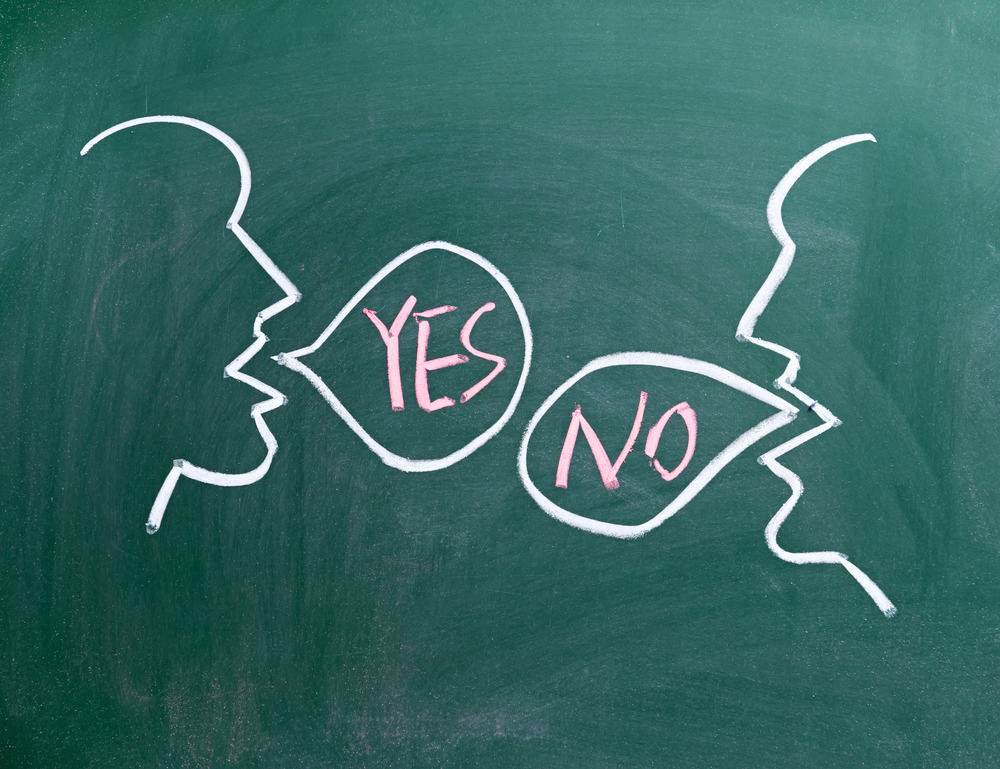In the Flow with Healing Waters

How to you settle conflict?
What do you do when you have an argument, a miscommunication or a disagreement with someone?
What is your pattern? Do you get others involved and try to persuade them to be on your side? Do you choose who you’re going to talk to based on if you think they will agree with you? Do you exaggerate the story and only tell what the other person did wrong, without taking any responsibility? Do you get gratification by being the victim and enjoy finding a new audience to hear your side of the story? Do you ignore what happened, let things settle and then act like nothing happened? Do you give the silent treatment? If you are in conflict with someone who gives the silent treatment, take ownership of what you’ve done or haven’t done, apologize, and know your truth. You can only be responsible for yourself and you can’t force someone to talk.
Or, do you go to the source and have a calm conversation? Do you admit when you are wrong? The goal should be to keep the conflict between those involved. This may sound idealistic, but how can an outside source “fix” an argument between others? They can’t. Going to the source is the most effective way. Sometimes, depending on the severity of the conflict, a mediator will be needed to shift the focus from fighting to a resolution. Generally, having an open and calm conversation about what happened can result in a quicker, positive outcome.
_______________________________________________________________________________________________________________________
Conflict cannot survive without your participation
Wayne Dyer
________________________________________________________________________________________________________________________
Here are some suggestions to put into place the next time conflict arises in your life. Pause for a moment when the conversation is getting heated and
1.) Look at your role in the situation.
2.) Ask yourself why you’re having a conflict and what can be done to defuse it vs fueling it.
3.) Allow yourself to temporarily step away from the situation if needed, BUT come back to it to resolve it.
4.) Be open, calm, understanding, and LISTEN
5.) Notice if the results are different than if you were to use your old patterns.
It’s not always fun to look at our patterns and how we are. Being aware, taking ownership, admitting when you’re wrong, saying you’re sorry, telling the other person that you understand how they feel, and listening without judging the other person will go a LONG way in resolving the conflict. Also, you may just have to agree to disagree and that’s ok too.
It’s perfectly normal and healthy to not agree with everyone all of the time. In fact, if you are agreeable all of the time and never voice your opinion or thoughts, you are setting yourself up for disappointment, let downs and a feeling of less worth. The win is when you can have a conflict with someone and resolve it with clear communication, understanding and purpose. When you truly listen to others, you will learn something about them.
In the Flow-
Deb





